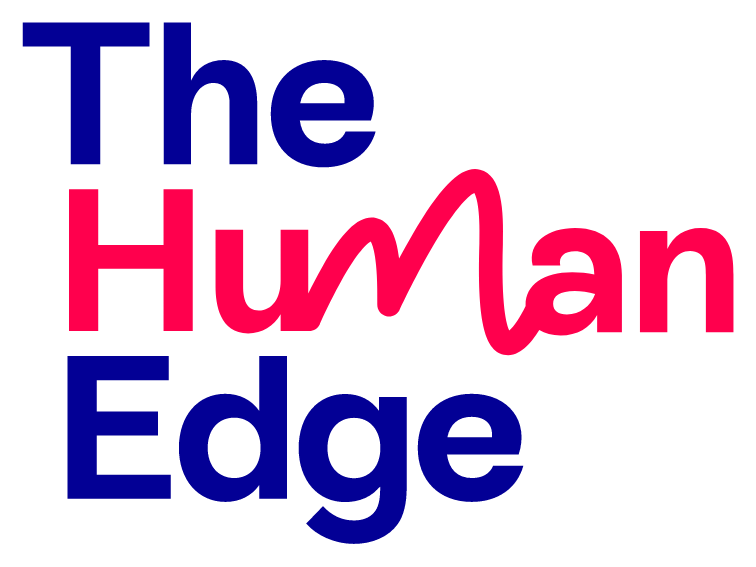Across the mentoring programmes we’ve designed or supported — from multinational donor-funded initiatives to grassroots entrepreneur networks — one question often emerges as a critical factor in long-term success:
Who is supporting the mentors?
It’s easy to assume that once someone is labelled a ‘mentor’, the development stops. That they’ve already ‘made it’. That their wisdom is ready to be poured into someone else.
But mentoring is not a one-way transfer of knowledge. It’s a relationship. A dynamic space that demands self-awareness, listening, and the humility to keep learning. And just like leaders, mentors don’t thrive in isolation.
The Mentor Myth: Expertise ≠ Impact
Many programmes select mentors based on technical expertise or years of experience. These can be necessary — but not sufficient. A brilliant founder or manager doesn’t automatically know how to hold space for someone else’s growth. And without preparation, they risk falling into advice-giving, or worse, unintentionally replicating power imbalances that mentoring is meant to disrupt.
In fact, untrained or unsupported mentors are one of the top risks to programme effectiveness, as noted in global evaluations like the Bridgespan Group’s report on scaling leadership and echoed in our own programme learnings.
Mentees disengage. Relationships falter. Outcomes fall short — and funders are left wondering why the numbers don’t match the narrative.
The Hidden Costs of Neglecting Mentor Development
Let’s break this down for Entrepreneur Support Organisations (ESOs) and programme implementers managing dozens of mentoring pairs. When mentors lack training or ongoing support, the impact is felt across several levels:
- Programme coherence suffers: Without a shared understanding of what mentoring is (and isn’t), mentors apply their own assumptions. The result is inconsistent experiences across mentees.
- Relational breakdowns occur: Poor contracting, unclear boundaries, and mentor overreach can erode trust — and even cause harm.
- Data becomes unreliable: If mentors aren’t equipped to reflect, set goals or track outcomes meaningfully, monitoring and evaluation (M&E) systems struggle to capture real learning.
- Mentor burnout rises: Yes, even mentors burn out. Especially those who feel alone in carrying the weight of someone else’s journey (Centre for Effective Philanthropy).
And for programme sponsors looking to demonstrate ROI, the risk is reputational. Without strong mentor support systems, the programme story may unravel under scrutiny.
Mentors Are Leaders — And Leaders Need Support Too
The best mentors we’ve worked with are not the ones with the most answers. They’re the ones asking better questions. They’re emotionally attuned, self-aware and reflective about their own leadership practice.
That doesn’t happen by accident.
In our work with:
- GIZ Tunisia’s GoRise Programme — mentor preparation was part of a broader learning journey that enabled early-stage tech entrepreneurs to increase revenues, create 162 new jobs, and secure new funding
- Lafarge Egypt’s Internal Mentoring Initiative — structured mentor training contributed to improved intergenerational communication, with younger employees reporting stronger trust and access to leadership
- MAVA Leaders for Nature Academy — mentors received guided support and reflective learning that resulted in 93% of mentoring relationships continuing beyond the formal programme and participants replicating the model in their own organisations
These programmes didn’t just focus on the mentees. They invested in building the capacity of mentors — through skills training, peer exchange, and reflective practice. The result? Relationships that went deeper, lasted longer, and created ripple effects in both ecosystems and institutions.
Rethinking Mentor Support: A Strategic Imperative
For organisations delivering mentoring at scale, the question isn’t if mentors need support — it’s how you’re building it in.
See our 7-stage mentoring journey model for how we scaffold this support

This means:
- Providing structured mentor training up front — covering active listening, boundary setting, and the mentor mindset
- Creating spaces for ongoing reflection and peer learning — especially important in complex, cross-cultural contexts
- Offering ongoing support for mentors — someone they can go to when challenges arise
- Embedding self-awareness and leadership reflection into the mentor journey — not just as an add-on, but as core design
Because mentoring is not just about supporting the next generation of leaders. It’s about growing the current ones too.
The Human Edge Perspective
At The Human Edge, we often say: you cannot give what you don’t have. We’ve seen again and again that when mentors feel equipped, seen and supported — the ripple effect is profound. Not just for mentees, but across entire ecosystems.
Mentor development isn’t a luxury. It’s an enabler of outcomes, a safeguard for programme integrity and a lever for long-term change.
So the next time you’re designing a mentoring initiative, ask yourself: Who’s holding the space for the people holding the space?
That answer might just determine whether your programme delivers surface-level activity or meaningful, sustained impact.
We support institutions, INGOs, ESOs and private sector actors to build mentoring programmes that work — including mentor training, reflective supervision, and systems to sustain quality over time. Explore our Mentoring Skills and Practice Course or get in touch to learn how we can support your next programme.

